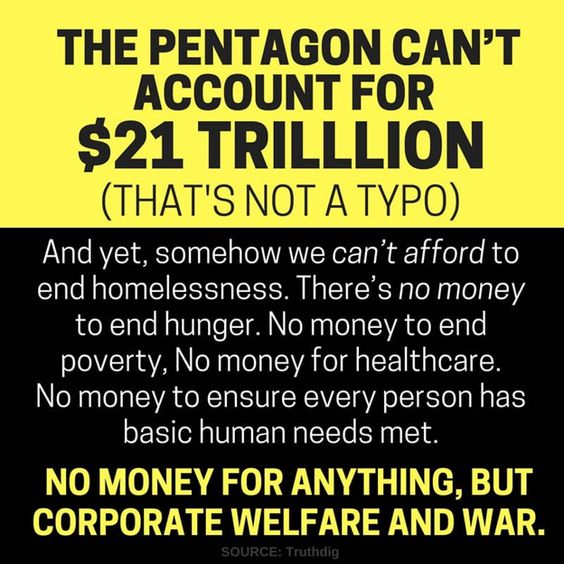Save the Children warns urgent de-escalation needed in Gaza
Save the Children is deeply concerned about the mental health impact that the ongoing violence in Gaza is having on children. Research, conducted earlier this year, found that feelings of depression, hyperactivity, a preference for being alone, and aggression were reported by 95 percent of children in Gaza.
And over the past couple of days, we have seen a severe and deeply dangerous escalation on the Gaza-Israel border, with reports of dozens of casualties on both sides. More than 180 rockets and mortar shells from Gaza have hit Israel, with 11 reported injuries including one woman with serious injuries. Gaza was hit more than 200 times throughout Wednesday night and into Thursday.
Fears are growing that we could be on the brink of another large-scale conflict, with serious concerns for the physical and mental well-being of children who get caught up in the violence.
Maher Abdullah, a Senior Education Officer for Save the Children in Gaza, said that situation was extremely fragile. “My children were terrified – they didn’t sleep. Some of the airstrikes were so close that the building shook like it was an earthquake.
On the Israeli side, large tracts of open farmland were also hit, and warning sirens rang late into the night, with authorities suggesting that they may have to evacuate communities living near Gaza due to the latest escalation.
[Save the Children]

